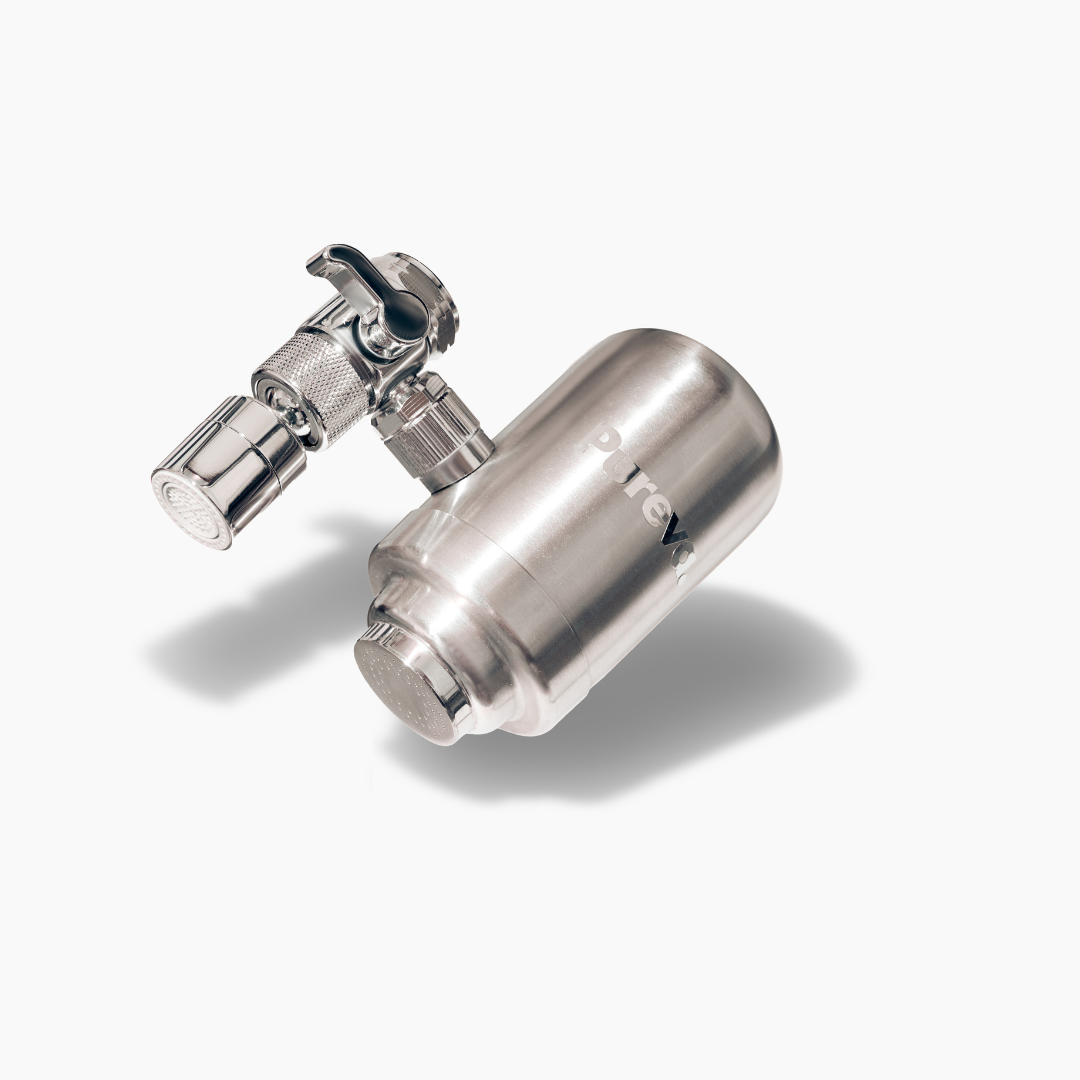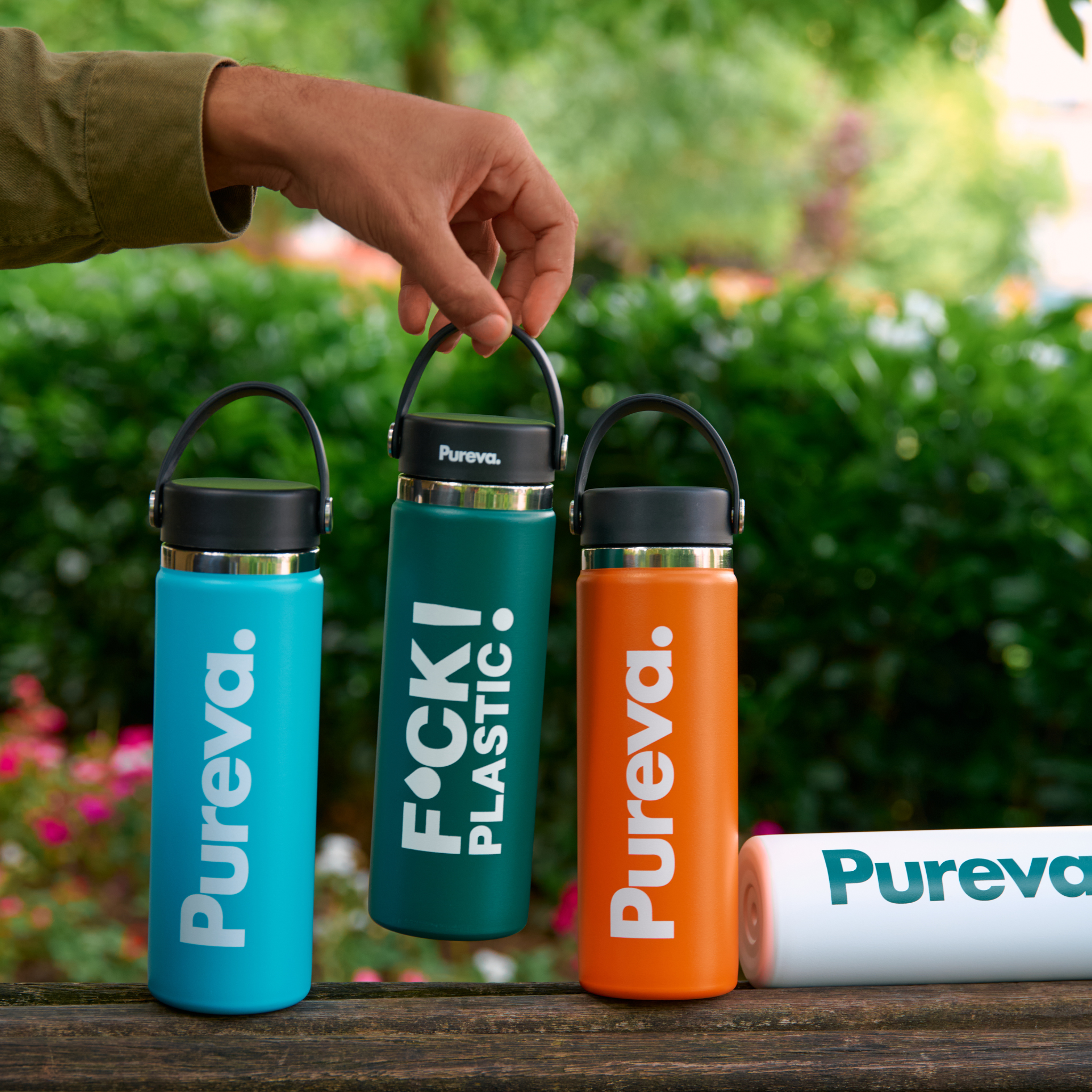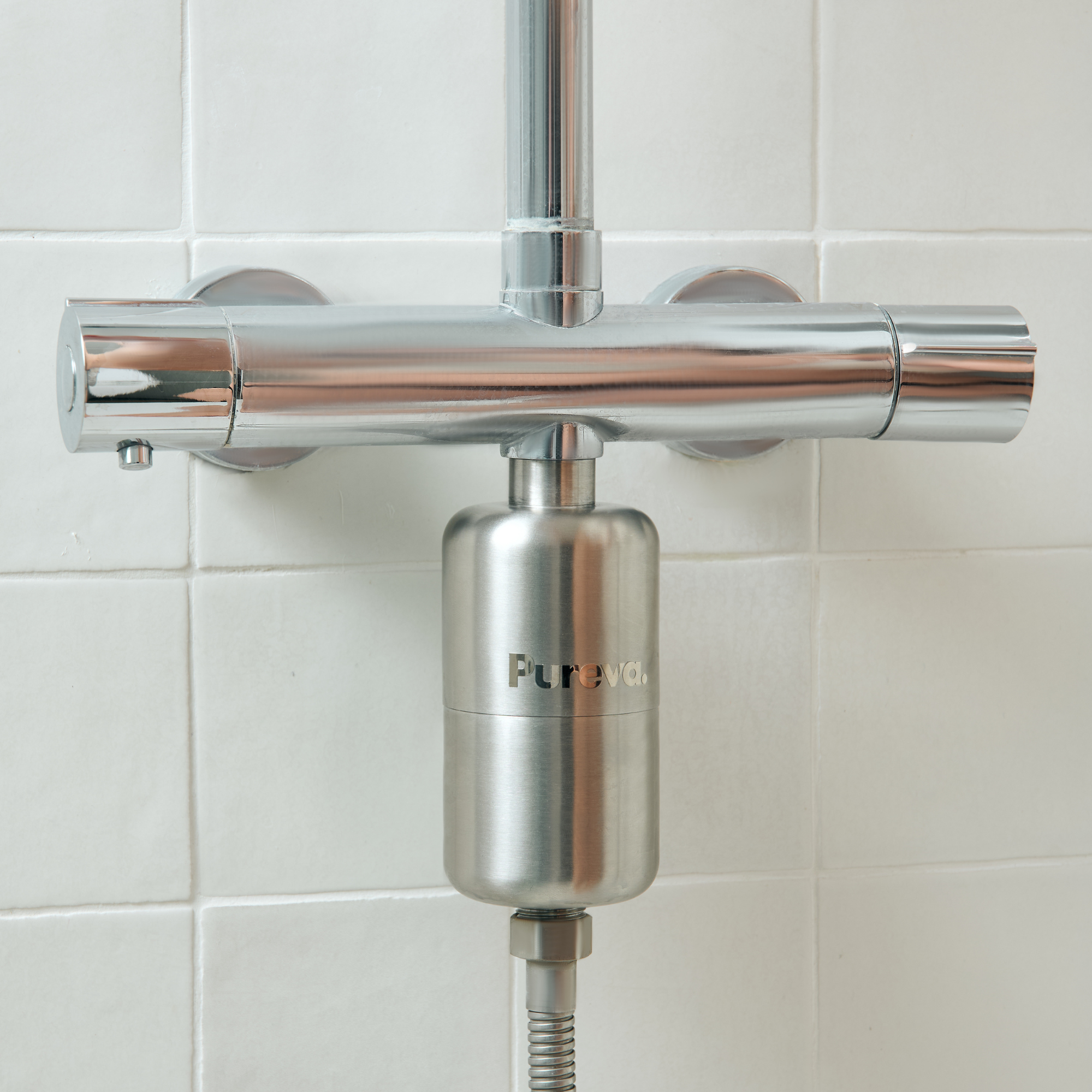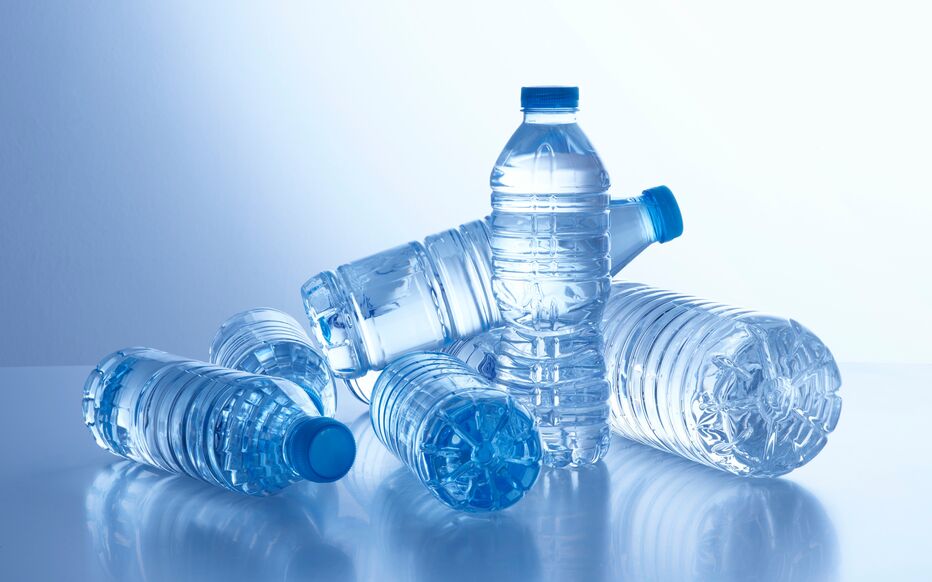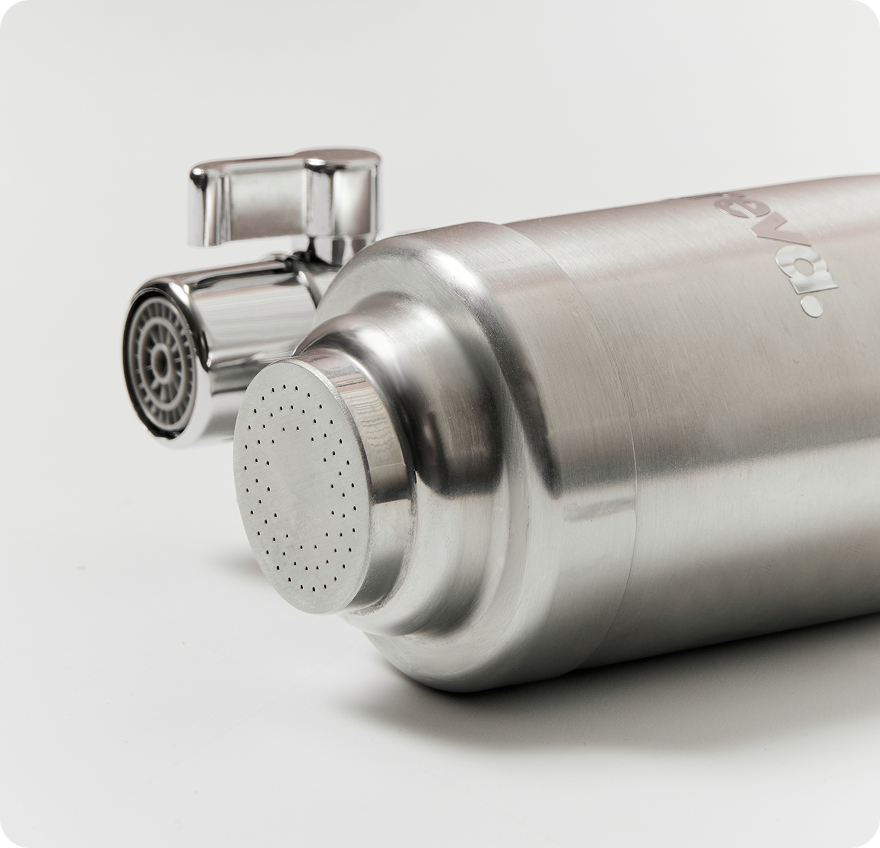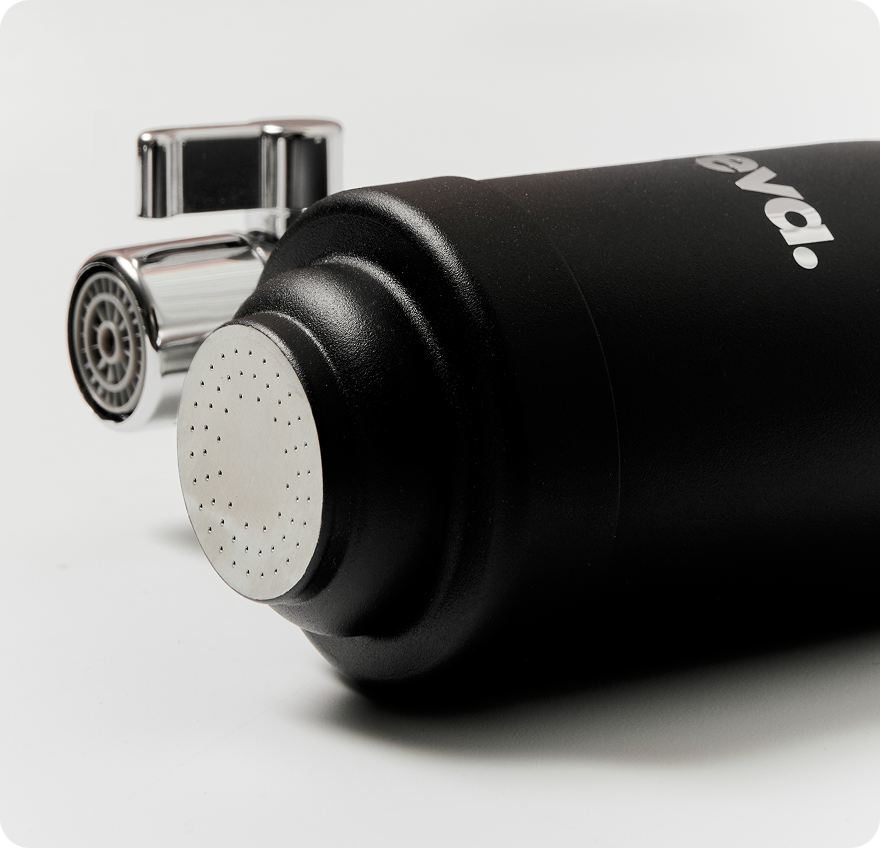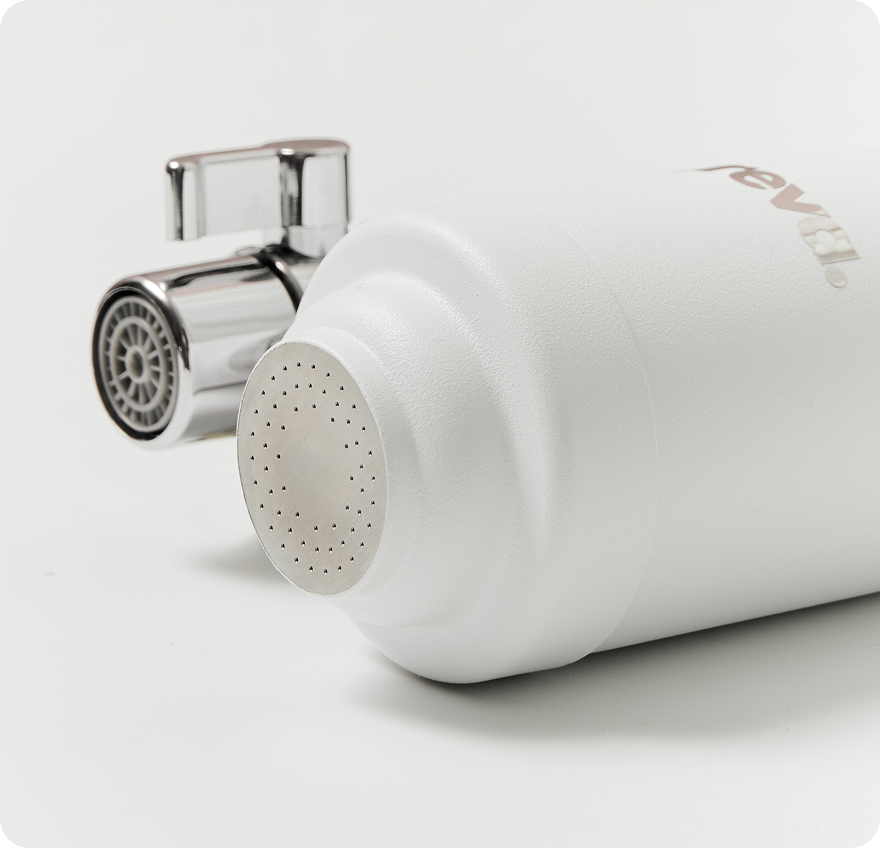Do you consume bottled water daily, both with and without meals? Do you know how long bottled water lasts ?
A plastic bottle containing mineral water can last for two to three years under optimal storage conditions. This best-before date will depend on several factors. Let's take a look below.
Storing Bottled Water: What You Need to Know
Do you keep a lot of plastic water bottles at home to prevent them from breaking? Are you wondering how long you can safely drink the water from these bottles ?
Please note that, as mentioned above, a sealed plastic water bottle can generally be stored for two to three years under certain storage conditions. To ensure quality water and your health, store it in a cool place away from heat and direct sunlight.
By definition, water does not expire. However, if you exceed the indicated best before date (BEST BEFORE) the water quality may decrease due to:
- Risks of plastic degradation.
- From the release of chemicals like BPA.
The best before date is the date until which the water retains its optimal organoleptic properties, such as taste and texture, and nutritional properties.

What to do once the bottle is opened?
Caution! When a plastic water bottle is opened, the best-before date changes completely. You must consume the water according to the following criteria:
- Refrigerate for three to five days: a low temperature helps limit the growth of bacteria and mold. Be sure to close the bottle tightly to prevent impurities from entering.
- At room temperature, within two to three hours: Heat and exposure to ambient air alter the composition and quality of bottled water more quickly. Microorganisms grow more quickly in it. It is therefore best to keep it refrigerated if you plan to drink it later.
There are dangers to reusing a plastic bottle without proper cleaning, such as contamination with bacteria and migration of microplastics .
Good to know: We strongly recommend drinking water from a glass rather than consuming it directly from the bottle. There is a risk of contamination of both the water and the bottle.
Does plastic bottled water go bad?
Water is not a perishable commodity. An expiration date is indicated on the plastic bottle . This date corresponds more to the expiration and lifespan of the plastic of the bottle than to that of the water it contains.
A tightly sealed plastic water bottle prevents the penetration of bacteria and microorganisms. However, from this date on, the plastic will begin to degrade, allowing harmful particles to dissolve in the water. The effects of time play an important role in water quality, particularly in terms of taste and chemical contamination.

Storage conditions and health risks
To ensure optimal water quality over time, be vigilant about the storage conditions of your plastic bottles. Store your plastic water packs in a cool, dry place away from natural light. This type of storage reduces the risk of harmful chemicals being released from the plastic.
Prolonged exposure of your plastic water bottles to sunlight and heat causes the quality of bottled water to deteriorate through:
- Acceleration of plastic degradation (emissions of micro- and nanoparticles).
- The migration of these chemicals into bottled water.
Why choose an alternative to drinking plastic bottled water?
The consumption of plastic bottled water is a major source of environmental pollution . The amount of plastic represents a high volume of waste. Recycling of these plastics remains limited due to a lack of infrastructure dedicated to this technique. According to ADEME, the plastic recycling rate in France is only 26%.
Every year, no less than 8 to 12 million tons of plastic end up in the oceans. This is an alarming finding in terms of the release of microplastics into the environment, the long-term ecological impact, and the harmful effects on human and animal health.
The best way to reduce your plastic footprint is to gradually phase out the use of plastic bottles . That's why we recommend switching to more sustainable alternatives like Pureva water filters.
Choosing to install a filtration system attached directly to your tap means benefiting from 100% natural microfiltration (removing more than 70 pollutants such as limescale, heavy metals, pesticides, etc.) based on diatomaceous earth and activated carbon. The Pureva water filtration system improves the quality, taste, and lightness of tap water. And above all, it replaces plastic water bottles. Aside from these essential factors, our system has the advantage of being more economical and practical than drinking bottled water.

